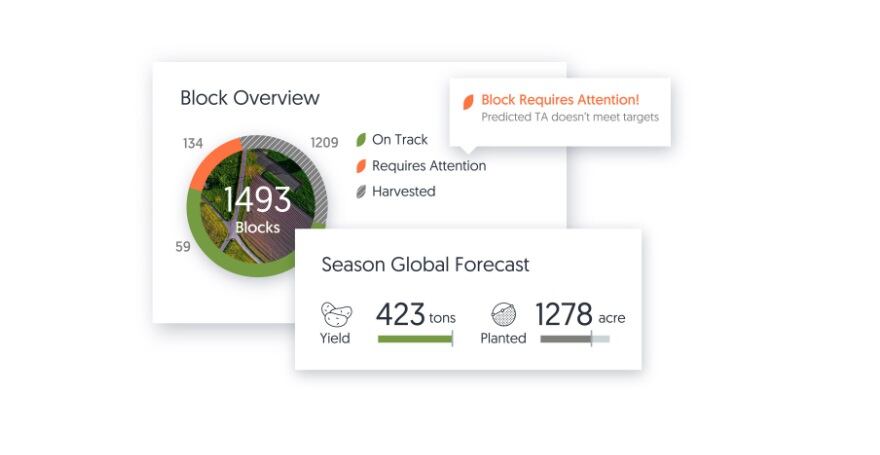“Most functional ingredients, with the exception of vitamin C, don’t taste very good,” said Jason Cohen, CEO of Analytical Flavor Systems (owner of the Gastrograph AI technology).
When Analytical Flavor Systems was first founded, the company was focused on quality control and assurance, process optimization, and predictive manufacturing. According to Cohen, the technology could make much more of an impact in new product development than it could preventing beer ‘flavor drift’ (when the flavor and aroma can shift over time or in different production facilities), for instance.
“That was a valuable solution but wasn’t nearly as in demand as new product development,” said Cohen. “Companies came back to us and basically said, ‘well we don’t make many mistakes on the factory floor, we just don’t know what we should be making. Can we use this technology to tell us what the market wants?’ To which, it turned out [the answer was] yes."
The shift to assisting food and beverage producers in new product development helped Analytical Flavor Systems raise $4m in Series A funding and open new global offices in Shanghai.
Optimizing for repeat purchase
Traditional new product development can be highly variable, and oftentimes, is not based on a robust and accurate representation of the general population at large, according to Cohen. As a result, most new product development fails.
“The way we think about it is, we’re not optimizing for first purchase because for first purchase no one knows what they’re going to taste like. What we’re optimizing for is second, third and fourth purchases, making sure that they like the product to buy it again and again and again,” said Cohen, who will be a panelist at the upcoming NutraIngredients-USA Sports Nutrition Summit in San Diego, February 3-5, 2020.
‘We already have the data, so we can ask it the right questions’
Analytical Flavor Systems’ artificial intelligence and machine learning platform Gastrograph is able to model human sensory perception and predict consumer preferences of food and beverage products. Gastrograph AI helps producers model, understand, and optimize the flavor, aroma, and texture of their product for a target consumer demographic.
How, exactly? According to Cohen, the company has amassed the largest sensory data set based on a 50-person standing panel in New York City that meets three times a day, every day, Monday through Friday. It also holds similar panels throughout the US and globally.
Learn more about Gastrograph AI predictive consumer preference methodology here.
“They taste any sort of products that are new, that are interesting, that are on the market,” explained Cohen. Possessing such a broad data set of consumer feedback from thousands of product testing panels allows Analytical Flavor Systems to predict preferences at regional and demographic levels.
“We use the market survey to reverse engineer the preferences that are driving that market. We already have the data, so we can ask it the right questions,” added Cohen.
“The second thing we can do is run that prediction against a stack rank of competitors. We can run a full exploratory search and come up with three or four potential flavor profiles that don’t exist on the market, that have no direct competitors and that we predict are high preference.”
Taking energy drinks as an example, the company can run an energy drink profile through its Gastrograph platform to determine which ingredients can be tweaked to develop a preferred flavor profile.
“If you run an energy drink profile directly through our optimization or development cycle, the AI would naively say that caffeine is too bitter, but what we can start to do is, use the AI and search for flavors that will go on top of that base and it can come up with formulas that are either active or passively masking of the functional ingredient flavors.We can actually make a caffeine heavy product that uses a set of flavors that blocks or modifies the perception of caffeine.”
Are you attending the 2020 Sports Nutrition Summit?
Catch Jason Cohen on Day 2 of NutraIngredients-USA's Sports Nutrition Summit in San Diego, Feb. 3-5. Cohen will be part of an expert panel discussing how AI can play a role in the sports nutrition category. REGISTER HERE.



